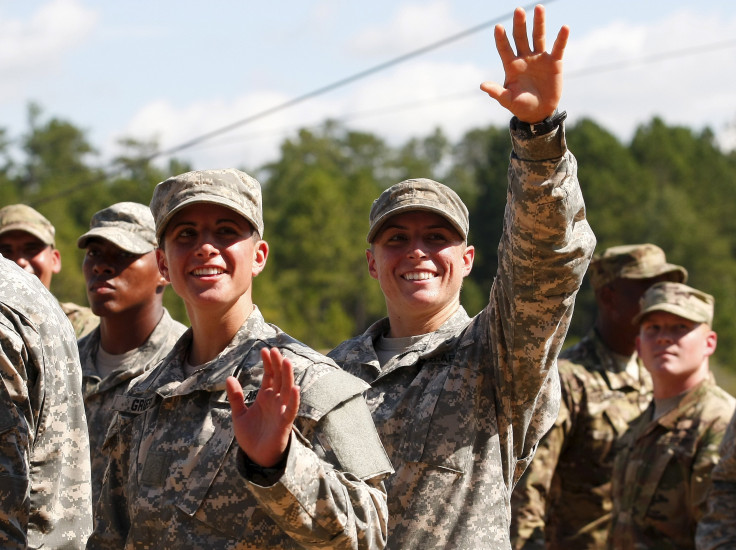The Secret of Hyperfit Women Intrigues The US Military

In 2015, Pentagon opened all military jobs to women, essentially removing the final barriers that prevented them from serving in combat. Now, four years later, a small but growing number of women has completed some of the most gruelling military courses.
At least 30 women have so far earned the Army Ranger tab, three have passed the initial assessment phase for Green Beret training and two have graduated from Marine infantry school.
Intrigued by these women who made it through highly demanding trainings, the U.S. army will conduct a study on these “hyperfit” women and what makes them very competitive.
Holly McClung, a nutritional physiologist at the Army Research Institute of Environmental Medicine in Massachusetts, said the point of the study is to characterize these women that has made it through traditionally male trainings.
These women have made it through the Ranger course and other trainings for special operations job that involve combat water survival, gruelling physical fitness tests, day and night land navigation, extended patrols through various climates, long road marches carrying heavy packs, and extensive mental, psychological and leadership testing. Duration of these courses span from about nine weeks to two years.
McClung said that the goal of the research is to identify the attributes that help these women succeed. She said that by unlocking these secrets, it is possible to help other women compete for the same jobs.
“We’re really interested in those elite women that are the first to make it through physically demanding training,” McClung said.
The study involves a range of tests. At an Army base in Natick, Massachusetts, McClung and research physiologist Julie Hughes have set up a treadmill linked to a computer for a breathing test. They want to know the participants’ vo2 Max score, a key fitness indicator to measure the amount of oxygen the person uses at peak exercise rate.
The researchers will also conduct tests that will assess the participants blood, iron and calcium levels. Bone density scans and exercise programs will also help determine the physical fitness of the participants. Written tests and interviews, on the other hand, will assess the psychological resilience and mental toughness, of these women.
Participating in the study is voluntary, but the researchers are optimistic that a number of these hyperfit women will take part in the study.
“I think we’re encouraged that they’ll be willing to participate,” Hughes said, according to Associated Press. “They want to be counted.”
© Copyright IBTimes 2024. All rights reserved.











